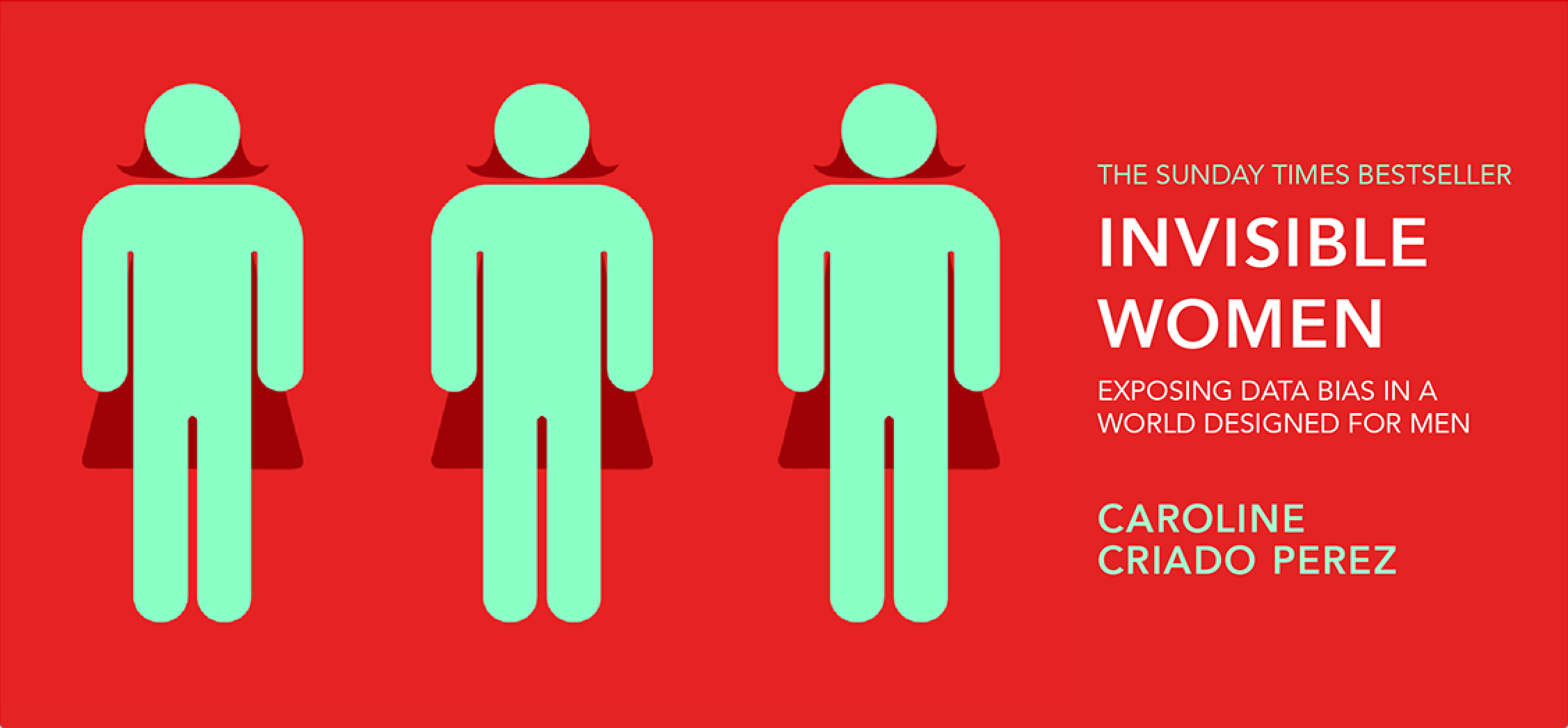
Book Review: Invisible Women: Exposing Data Bias in a World Designed for Men by Caroline Criado-Perez
Summary and thoughts on Caroline Criado-Perez's best-selling book
Book Summary
“Invisible Women” by Caroline Criado-Perez is a book that highlights the gender data gap and its impact on women’s lives. The author argues that a lack of gender-disaggregated data leads to systematic bias against women in almost every aspect of life, including healthcare, transportation, the workplace, and public policy. The book presents a wealth of research and case studies to illustrate this gap and its consequences. The author also offers recommendations for closing the gap, such as collecting more gender-disaggregated data, increasing women’s representation in decision-making roles, and rethinking what we consider to be “neutral” or “default” standards. Overall, “Invisible Women” is a powerful call to action for individuals, organizations, and governments to address this issue and work towards a more equitable future.
This summary was partially generated through ChatGPT
Book Standouts
The book demonstrates how gender biases and gender gaps are more apparent than what most individuals think. This lesson is incredibly important to someone studying data science, as it shows flaws in systems. Studying data science, I find machine learning and deep learning fascinating, but Criado-Perez shows how these tools can create deeper roots in these gender differeces. Specifically, I really enjoyed reading about how lack of data can be so influential in widening these gaps. Overall, this main theme in the book was fascinating because it points out weak spots that upcoming data scientists can strive to fix.
Overall, the book did not have anything that I strongly disliked, or even disliked at all. That being said, my only main critique of the book is more of a recommendation for further work in this topic. It was fascinating to hear about how lack of data has affected women in society, but I think it would be eye-opening to see how data representation amongst other groups is accurately or inaccurately playing into society. Although this is technically a critique of the book, it is more off a call for more research on groups that may be statistically misrepresented. Overall, Criado-Perez opens up an incredible conversation on ethical actions on a data scientist’s part.
Overview
Invisible Women by Caroline Criado-Perez dives into how data, or a lack thereof, on women has created deeper divides and further roots gender gap problems. Though the book focusus almost solely on women and how data has misrepresented them, the concepts in it can be extended to other groups of people. A reader who is interested in not only working with data, but adjusting and finding more effective ways to use it to solve problems would be very interested in this book. In addition to this, Invisible Women would be an excellent book for those looking to dive deeper into looking at gender gaps.
I would give this book 5 stars.